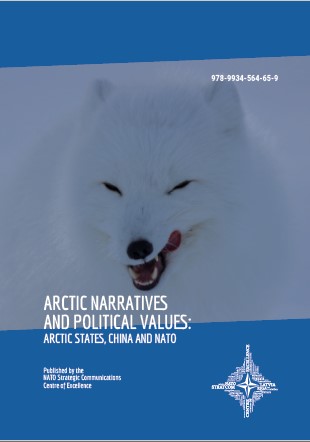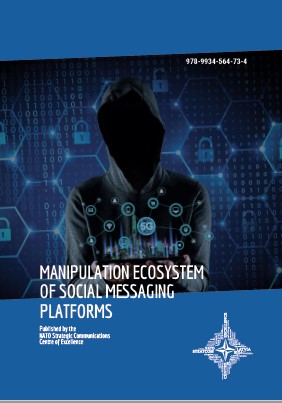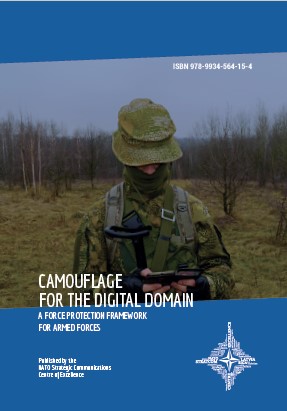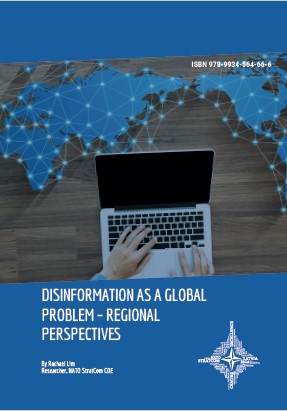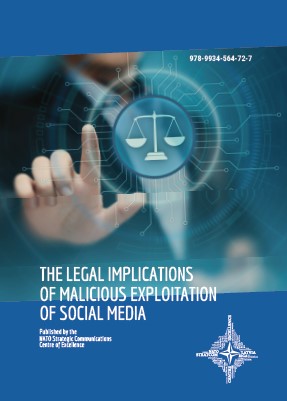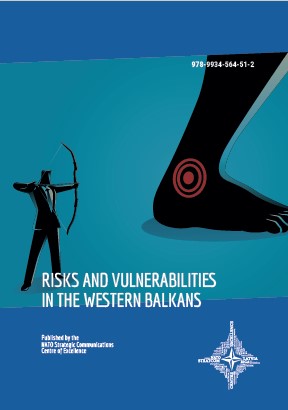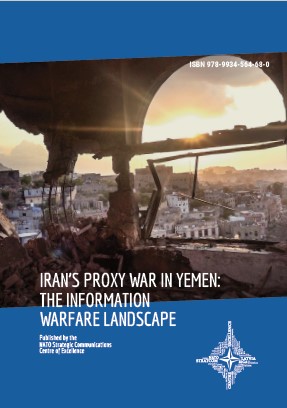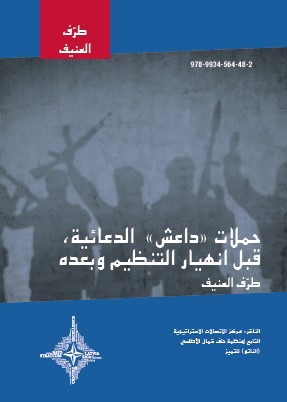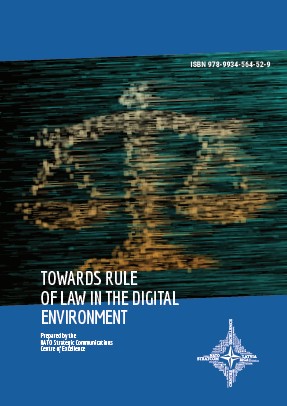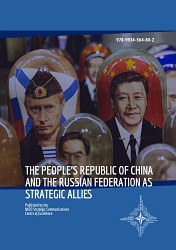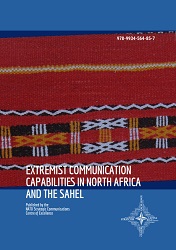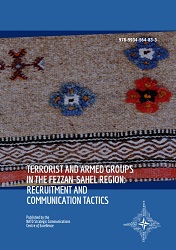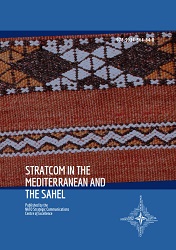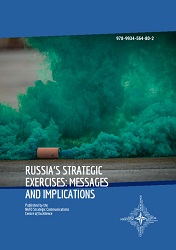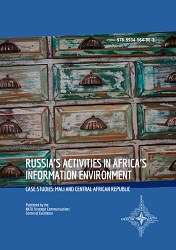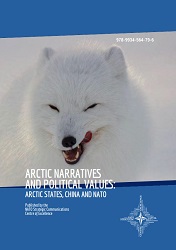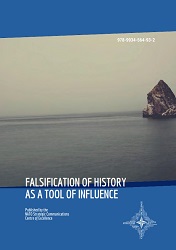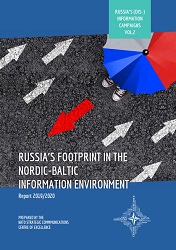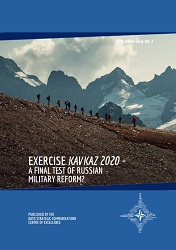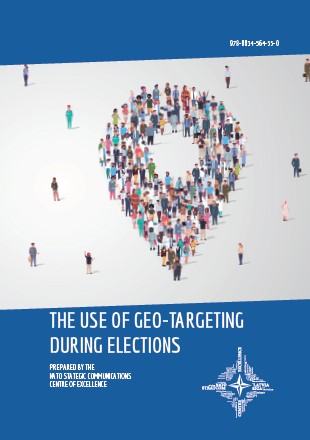
THE USE OF GEO-TARGETING DURING ELECTIONS
THE USE OF GEO-TARGETING DURING ELECTIONS
Keywords: Indonesia; Finland; Facebook; Instagram; Youtube; Google; Geo-targeting; presidential elections; adaptation of technology;
Internet users around the globe demand different information and experiences that correspond to their geography. The most immediate difference is language: people want news, entertainment and services in their own language. Other things that vary by geography are culture, currency, climate and consumer norms. Geo-targeting is a common tool for targeting information to a specific geographical area and is widely used in digital marketing, in combination with information gleaned from available user data about consumer preferences, to deliver location-specific content. Itis a cost-effective way to match information with consumers.
More...
